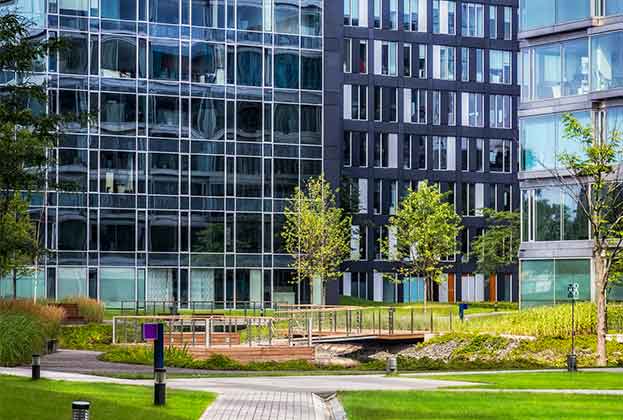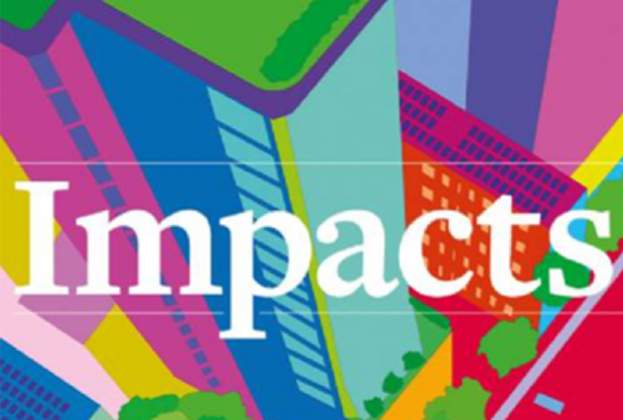The National Investment Plan involves over 20,000 projects to be completed over the next three decades at a cost of €315 billion.
On 16 December, after months of delays and leaks to the press, the Czech government finally unveiled the National Investment Plan, which will involve over 20,000 projects to be completed over the next three decades at a cost of about CZK8 trillion (€315 billion). Transportation projects will take the lion’s share of the investment, though I and many others believe smart city initiatives should also be one of the priorities.
The National Investment Plan calls for projects that focus on social benefits and meeting the strategic objectives of the Czech Republic. It should, Prime Minister Andrej Babiš said at the unveiling, “be the main engine of growth of the Czech economy in the future”.
About CZK6 trillion, or 75 per cent of the total, will be invested in transportation, of which half will be spent by 2030. Likely priority projects are believed to be completing the inner city ring road; construction of a direct link to Václav Havel Airport Prague; and building the new metro line D. The plan foresees investments of €782 billion for highway construction, €878 billion for rail modernization and €769 billion for high-speed rail. Other sectors include energy, education, business and trade, research and development, regional investment, health, and cybersecurity.
PET PROJECTS
According to the document released to the public, the National Investment Plan represents a pool of projects out of which ministers, governors and mayors can choose based on their relative financial viability and strategic priorities. These investments should be funded out of the state, regional, city and municipal budgets, while the currently under-discussion National Development Fund could also be a source of funding. The Plan will also help form the basis for the crucial negotiations about EU funds for 2021-2027.
The public can send comments to the government about the Plan to narodnikonzultace@vlada.cz and there are plans to create a public database so people can make their own assessments of the mooted projects.
Given there is no specific timetable for the various projects, there is sure to follow months and years of heated debate about which ones to prioritise, with politicians and others lobbying for their pet projects. But a survey by Deloitte that analysed 25 investment plans Prague is looking to implement by 2030 and polled the views of 800 “public experts” gives some indications of where the capital’s priorities might lie. At the top of the list is the inner city ring road followed by construction of a direct link to Václav Havel Airport Prague. Perhaps of most interest to real estate investors is that in third place was fulfilling the capital’s “smart city” strategy.
.jpg)






.jpg)
.jpg)

.jpg)